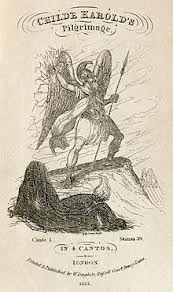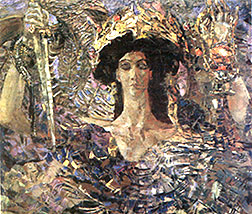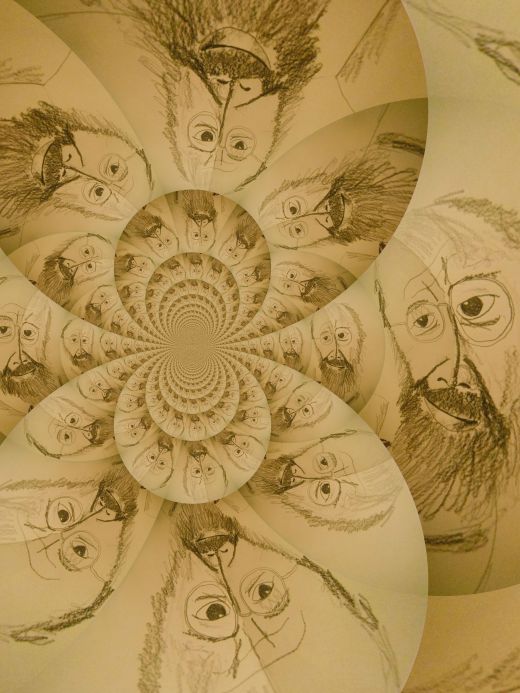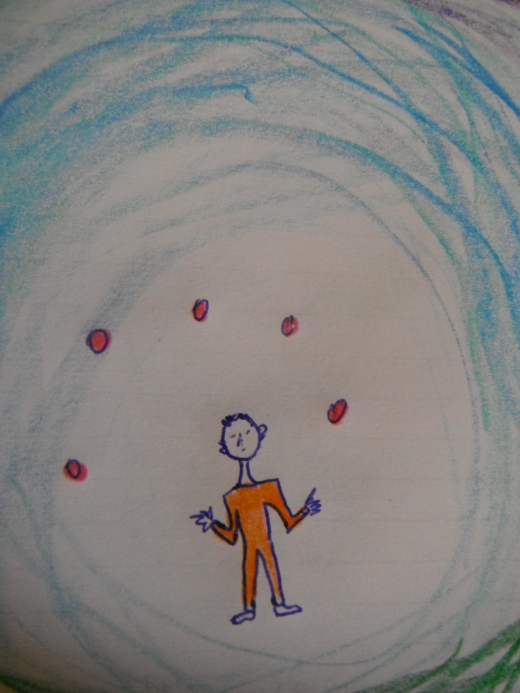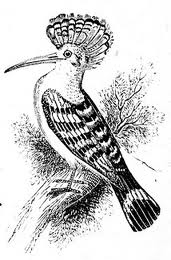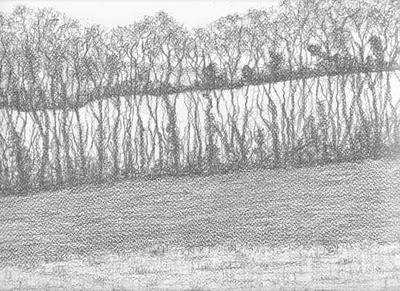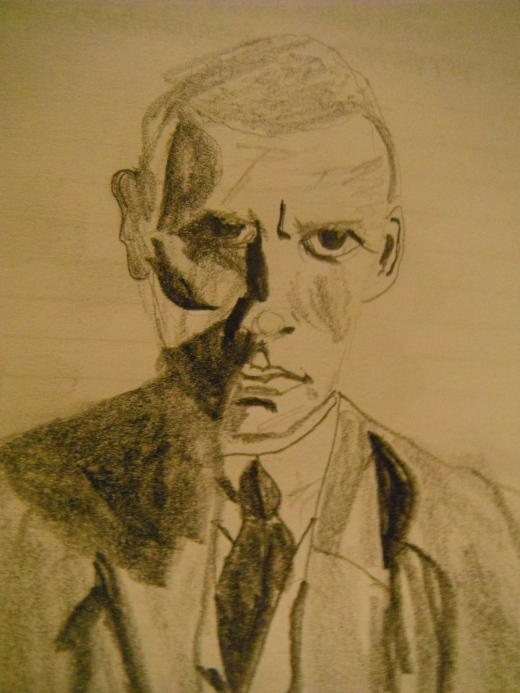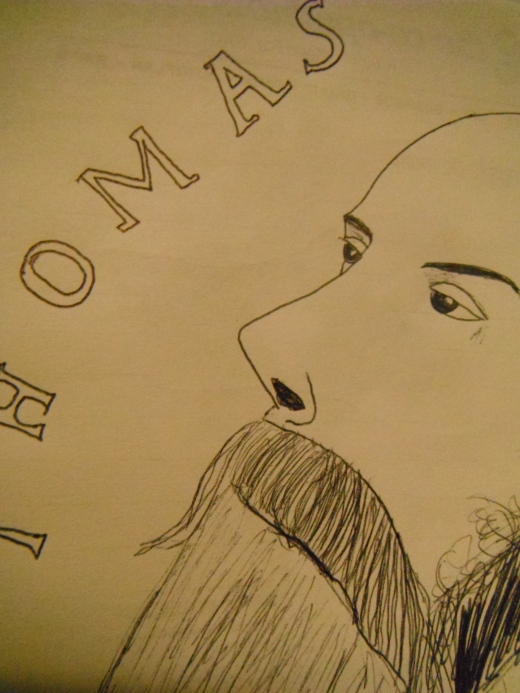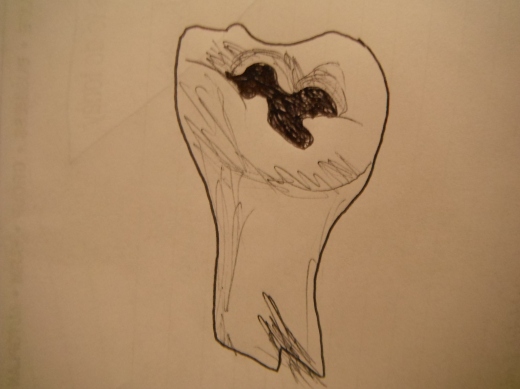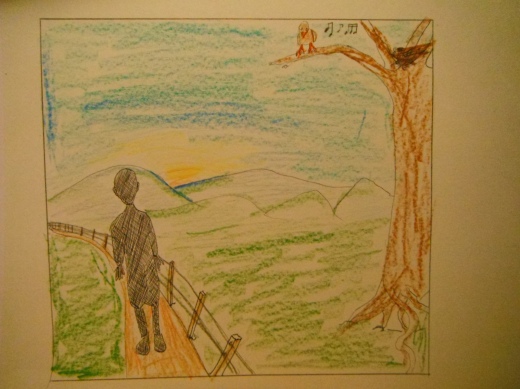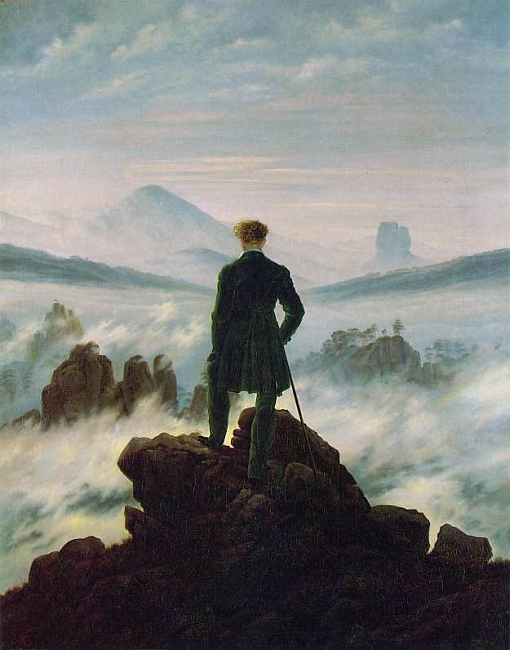
Der Wanderer über dem Nebelmeer by Caspar David Friedrich (1818)
1
My dear Mr Murray,
You’re in a damned hurry
To set up this ultimate Canto, [1]
But (if they don’t rob us)
You’ll see Mr Hobhouse
Will bring it safe in his portmanteau. —
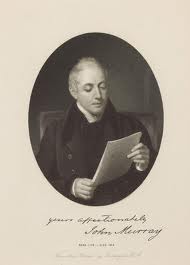
Mr. Murray, Byron’s publisher
.
2
For the Journal you hint of, [2]
As ready to print off;
No doubt you do right to commend it
But as yet I have writ off
The devil a bit of
Our ‘Beppo’, when copied – I’ll send it. —
.
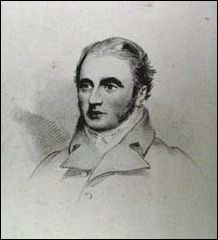
Henry Gally Knight
3
In the mean time you’ve ‘Gally’ [3]
Whose verses all tally,
Perhaps you may say he’s a Ninny,
But if you abashed are
Because of ‘Alashtar’
He’ll piddle another ‘Phrosine’. —
.
4
Then you’ve Sotheby’s tour, [4]
No great things to be sure —
You could hardly begin with a less work,
For the pompous rascallion
Who don’t speak Italian
Nor French, must have scribbled by guesswork.
.
5
No doubt he’s a rare man
Without knowing German
Translating his way up Parnassus,
And now still absurder
He meditates Murder
As you’ll see in the trash he calls Tasso’s.
.
6
But you’ve others his betters
The real men of letters —
Your Orators — critics — and wits —
And I’ll bet that your Journal
(Pray is it diurnal?)
Will pay with your luckiest hits. —
.
7
You can make any loss up –
With ‘Spence’ and his Gossip, [5]
A work which must surely succeed,
Then Queen Mary’s Epistle-craft, [6]
With the new ‘Fytte’ of ‘Whistlecraft’ [7]
Must make people purchase and read. —
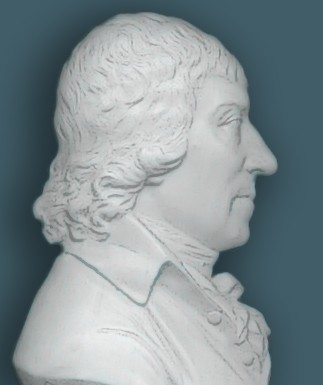
George Chalmers, author of The Life of Mary Queen of Scots (1819)
.
8
Then you’ve General Gordon [8]
Who ‘girded his sword on’
To serve with a Muscovite Master
And help him to polish
A Nation so owlish,
They thought shaving their beards a disaster.
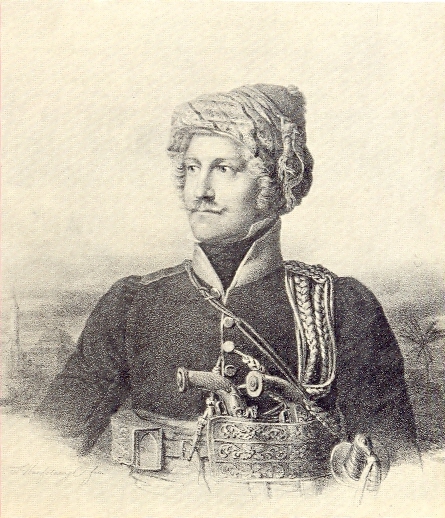
Thomas Gordon
.
9
For the man ‘poor and shrewd‘
With whom you’d conclude
A Compact without more delay,
Perhaps some such pen is
Still extant in Venice,
But please Sir to mention your pay? —
.
10
Now tell me some news
Of your friends and the Muse
Of the Bar, — or the Gown — or the House,
From Canning the tall wit
To Wilmot the small wit
Ward’s creeping Companion and Louse — [9]
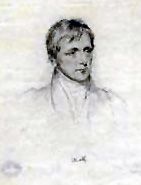
John William Ward
.
11
Who’s so damnably bit
With fashion and Wit
That he crawls on the surface like Vermin
But an Insect in both, —
By his Intellect’s growth
Of what size you may quickly determine.
.
12
Now, I’ll put out my taper
(I’ve finished my paper
For these stanzas you see on the brink stand)
There’s a whore on my right
For I rhyme best at Night
When a C–t is tied close to my Inkstand.
.
13
It was Mahomet’s notion
That comical motion
Increased his ‘devotion in prayer’ —
If that tenet holds good
In a Prophet, it should
In a poet be equally fair. —
.
14
For, in rhyme or in love
(Which both come from above)
I’ll stand with our ‘Tommy‘ or ‘Sammy‘)
But the Sopha and lady
Are both of them ready
And so, here’s ‘Good Night to you dammee!’
Lord Byron
p. 342-344
Lord Byron: The Major Works (Ed. Jerome J. McGann)
[1] Childe Harold Canto IV. Hobhouse left Venice with the MS of the canto the same day as this letter.
[2] Journal. Murray never did publish this journal he contemplated.
[3] Minor poet Henry Gally Knight wrote Alashtar and Phrosine (both 1817).
[4] Sotheby’s tour: Farewell to Italy (1818).
[5] ‘Spence’ Edward Malone’s edn. of Spence’s Observations was published in 1820.
[6] George Chalmers, The Life of Mary Queen of Scots (1819).
[7] ‘Whistlecraft’: the pseudonym under which Frere composed the ottava rima poem (The Monks and the Giants) which so influenced Byron’s Beppo.
[8] ‘Gordon’: the contemporary soldier and traveller Thomas Gordon.
[9] Wilmot: Byron’s first cousin Sir Robert Wilmot.
[10] Ward: Byron’s old friend John William Ward
